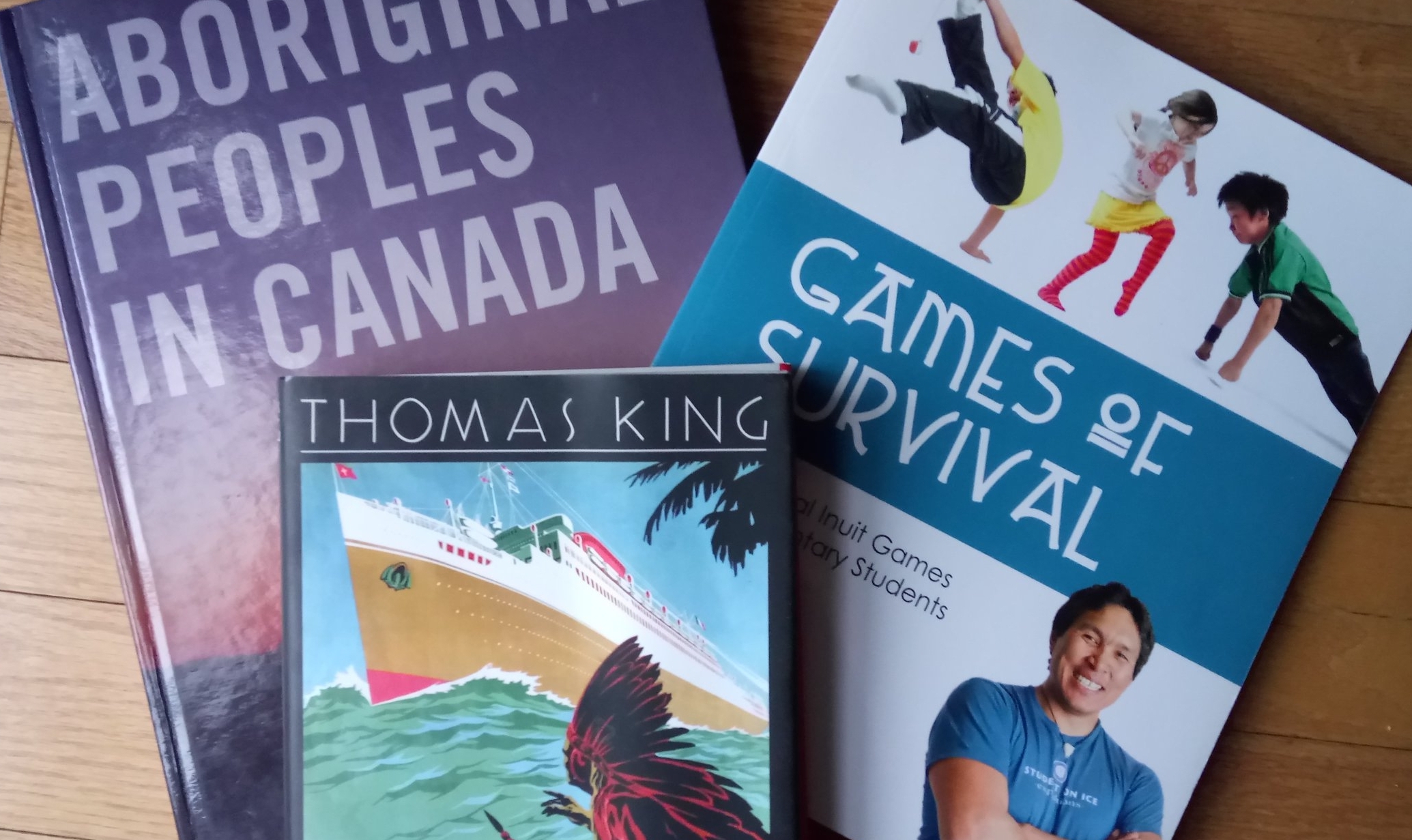In recent days I've begun to get emails from teachers wanting to rethink their Thanksgiving curriculum. I need to preface this post with another reminder that I am not Indigenous, (I spent last Saturday in my parents garage making sauce and am very Italian-Canadian) and full credit for my learning goes to many amazing First Nations colleagues that have engaged in conversations about the holiday with me over the years, including Dr. John Doran who is now at UPEI and Dr. Jean-Paul Restoule who is at UVic.
Let this be your starting point, rather than the one source you consult.
- I live in Southern Ontario adjacent to Mohawk territory, and I know some teachers who use the opportunity of Thanksgiving to teach about the Mohawk Thanksgiving Address. fourdirectionsteachings.com has a lesson designed for Junior levels about the Address, which can be adapted for many grade levels. Check it out here. Indeed, if you haven't had a chance to browse the site I hope you will spend some time viewing the videos based on traditional teachings from five different Nations, and the accompanying lesson plans. The site was produced by Invert Media, led by Dr. Jennifer Wemigwans who is Anishnaabekwe (Ojibwe/Potawatomi) from Wikwemikong First Nation.
- You can also find resources about the Mohawk Thanksgiving Address from goodminds.com. Click here to navigate directly to the appropriate search of their website.
- When we began teaching together, Dr. Doran recommended I look at Rethinking Columbus as a general resource. See page 12 of Rethinking Columbus to read the piece "Why I'm Not Thankful for Thanksgiving".
- Finally - for your reference, here is the lesson on Thanksgiving from the Ontario Government's Aboriginal Perspectives: The Teacher's Toolkit. The information here is fairly sparse, does not promote critical thinking or inquiry, and is seriously reductionist in that it groups all Indigenous peoples together and doesn't get into details. It's like teaching a lesson about "Europeans" or "Africans" or "Asians". Who are you actually teaching about?
